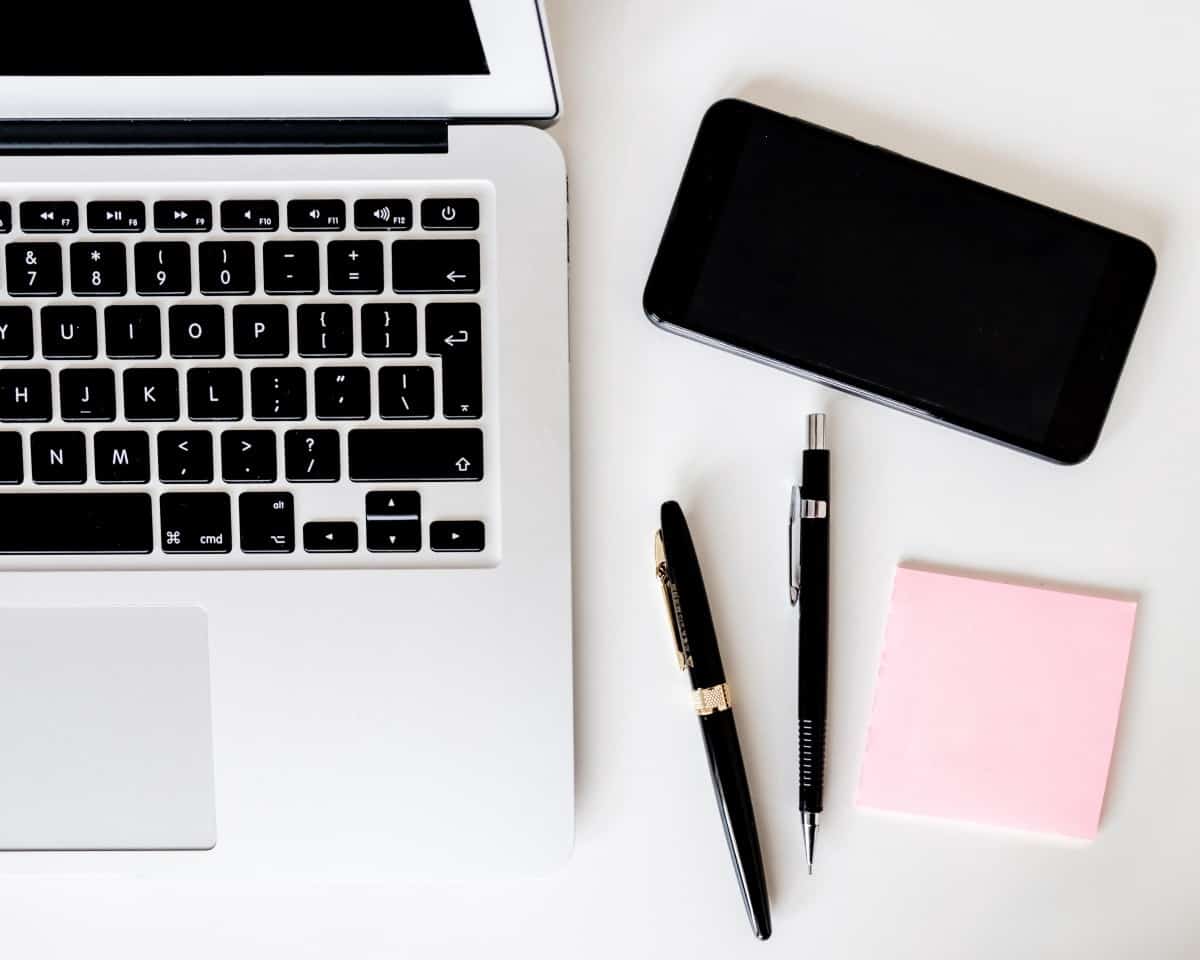
Debt Collection: Most often business goes smoothly but sometimes it is possible for things to get difficult, especially when it comes to getting paid and debt recovery processes for business. Inevitably, there will be a situation, sooner or later, where a business will not be paid for their work, or at least have a serious amount outstanding for a significant period after an invoice is rendered.
Problems with getting paid in debt recovery could be due to a number of reasons such as unsatisfactory quality of the work or disagreements about the quality of the work, delay or a refusal to pay the invoice without any fault on the part of the business involved.
But there could be steps taken into debt recovery to ensure the best possible chances for your business to be successful in debt recovery for the debt amounts owed.
In a commercial world, things get complicated, problems arise and it is possible for a problem to convert into a dispute that eventually leads to litigation. This article will outline some proper measures to ensure the best debt recovery mechanisms are in place.
Processes For Getting Paid In Debt Recovery
Before even entering into a business transaction it is prudent to do credit checks and due diligence research to understand or be aware of whom your business is entering into a financial dealing with. This is perhaps the best way to ensure the chances are high when wanting to get paid in debt recovery.
If the business prospect or potential client does not show a positive history to be warned before the debt even arises in the first place because ‘prevention is better than cure’ as they say. Prevention and safeguarding are one of the very important steps you need to consider taking for best changes to get paid in debt recovery.
A written contract at the start of your commercial relationship will best ensure lesser problems down the track especially when it comes time to get paid in debt recovery. Additionally, the written contract can include a clause that requires the debtor to pay interest if the outstanding amount is not paid on time. Hence, it is rightly said that prevention is better and much better as the cure to get paid in debt recovery.
Proper and timely invoicing procedures also need to be utilised to ensure prompt attention is given by those engaging your services so that attention is given to those payable amounts as soon as the invoice becomes payable. Then at the date of being payable follow up for payment if it is necessary to get paid in debt recovery for your business.
Putting your Concerns in writing To Get Paid In Debt Recovery
If a debt arises the initial method to get paid in debt recovery for your outstanding amount is to engage in open and direct communication with the debtor. Proper written communication is best because it can be used later as evidence if the need arises. Often your lawyer can write on your behalf if necessary to get paid in your debt recovery.
This allows you to pursue debt recovery proceedings and to proceed, if necessary, before too much time has passed since the amount become due and payable and in order to get paid in debt recovery.
The letter must clearly outline the amount due and payable and brief description of the work for which the invoice is due and payable this is generally required to get paid in debt recovery. This approach helps maintain the relationship between the parties and keeps open the door for future work opportunities. The outstanding invoice should be enclosed for reference as you progress in the process to get paid in debt recovery.
Issuing a Letter of Demand For Debt Recovery
If the contact and a friendly reminder sent to get paid in debt recovery did not work, consider having a lawyer write a letter of demand to the debtor on your behalf to pay the money owed in the debt recovery.
This letter can demand payment of monies owed for the work done within a certain time period or on a particular date in which required. The letter should remind the debtor that appropriate legal action will be pursued if the amount remains outstanding after a specified number of days in order to get paid in debt recovery.
In addition, to get paid in debt recovery, this letter can also say legal costs will be payable if court action is commenced, as well as other amounts inclusive of penalty interest which would be payable if the debt remains outstanding or if the matter proceeds to court in order to get paid in debt recovery.
A key strategy is to immediately instruct your lawyers to commence recovery proceedings if the debt amount remains payable after the debt is not paid within the period specified by the legal letter of demand. As a generally considered standpoint to get paid in debt recovery and as a strategic step, debt recovery proceedings should be commenced as soon as possible to maintain the right pressure on the debtor and also to make sure that that the debt recovery process maintains forceful as needed.
Legal Proceedings To Get Paid In Debt Recovery
Litigation itself should be seen as a final resort to get paid in debt recovery, commenced only after the other mechanisms have been exhausted. The appropriate court of jurisdiction generally depends on the amount of the debt and the jurisdiction in which the debt arises.
In most occasions, legal proceedings will be commenced in a court by lawyers preparing the court documents inclusive of the statement of claim. To get paid in debt recovery your lawyer would also engage a barrister at this time if the debt is for a significant amount and there would be other costs such as court filing fees, again the amount of the court filing fee would be connected to the amount of the debt that has not been paid.
Merely because your debt has been brought to the attention of a court, it does not mean that you will necessarily have orders to get paid in debt recovery determined by a judge. In fact, most matters do settle by the respective parties making offers and normally counteroffers until a settlement arrangement is reached.
Nonetheless, it is possible for an agreed settlement to take place between you and your debtor before the hearing date. There is no absolute rule as to the timing of the settlement offers, sometimes they can occur immediately after proceedings are commenced. Other times settlements can be achieved on the doorstep of the Court to get paid in debt recovery.
Your debtor will either file and serve its defence otherwise, your lawyer can seek orders for payment of the debt by way of default. Finally, through the Court process a decision to get paid in debt recovery can be made in your favour at trial held in Court.
Debt Options After Debt Recovery Orders
If a Court makes Orders for the debt to be paid to your business, those Court Orders can be forcefully pursued through legal enforcement mechanisms to get paid in debt recovery. Each state has Civil Procedure legislation in place which sets out the mechanisms for Court processes and the enforcement mechanisms. These procedures are quite similar between each State.
The tribunals such as VCAT in Victoria, NCAT in New South Wales, QCAT in Queensland, SACAT in South Australia etc. provide a relatively speedy and less expensive method of resolving the disputes as an alternative to the Court. To get paid in debt recovery these can be quite useful. However, it is prudent to check first whether your situation is within the tribunal’s debt recovery jurisdiction.
Unlike the Courts, the tribunals powers in debt recovery and jurisdiction to award costs is limited and is only enlivened in matter brought to get paid in debt recovery when the tribunal is satisfied that it is fair to award costs given the circumstances.
Creditors Statutory Demands are another great way to take the legal pathway towards getting paid in debt recover. A new article will be on our website soon on this hot topic.
If you have any queries concerning steps to get paid in debt recovery matters, contact us so we may be able to help in addressing those concerns.
Important disclaimer: The material contained in this publication is of a general nature only and it is not, nor is intended to be legal advice. This publication is based on the law as it was prior to the date of your reading of it. If you wish to take any action based on the content of this publication, we recommend that you seek professional legal advice.

Book Your Appointment
Related Articles
Privilege Under Pressure: Insights from the Optus Case
A Shifting Legal Landscape Today's businesses are under constant threat from cyber attacks, making it increasingly important to understand how they can legally protect their private conversations. Legal professional privilege is a fundamental rule that keeps the...
Ticketek’s $500K Fine: A Legal Perspective on Email Compliance
In the constantly changing world of digital communication, email marketing remains a vital way for businesses to connect with their audience. However, it's crucial to manage this tool with care and attention to legal obligations. The Australian Communications and...
Navigating the Waters of Unfair Contract Terms in Australia
As a small business owner in Australia, you might have come across the recent updates to the Australian Consumer Law regarding unfair contract terms. If it seems a bit complex, don't worry! We're here to simplify it for you in clear terms. Unfair Contract...




